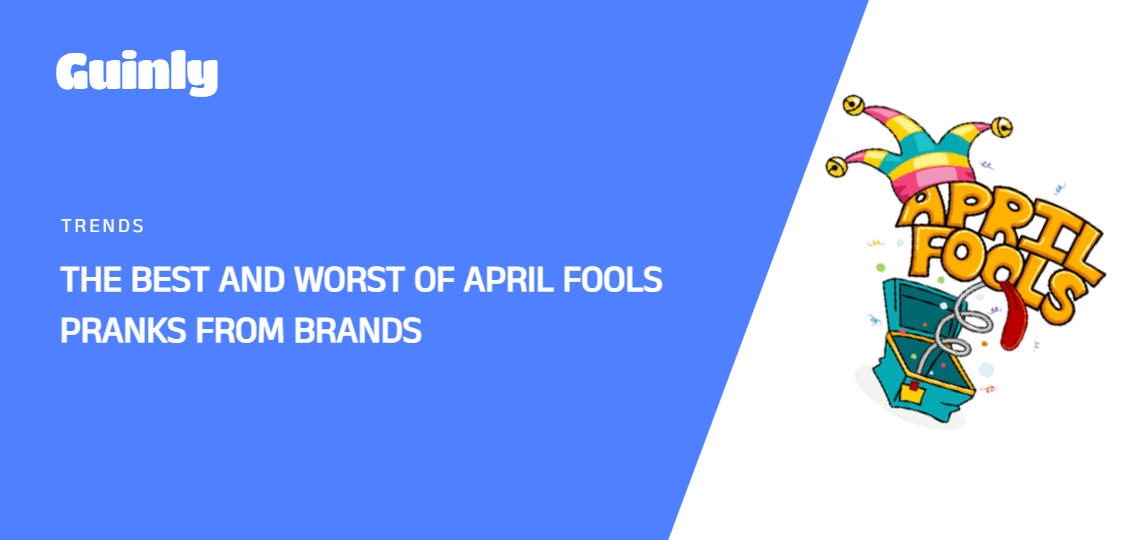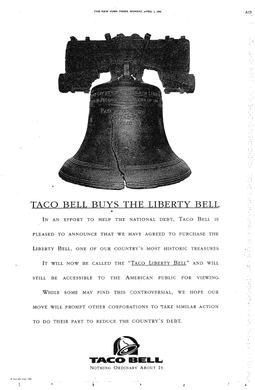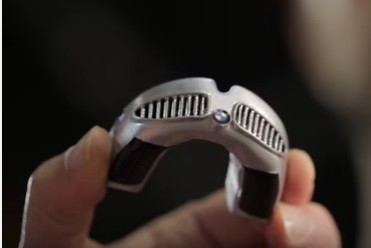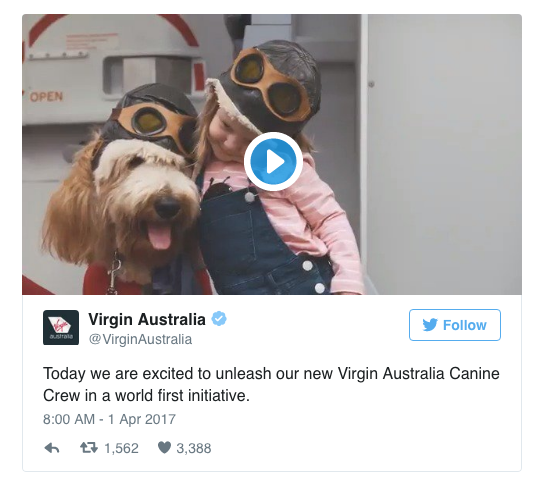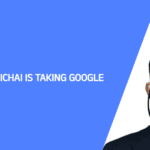April Fools’ Day has long been a cherished tradition for pranksters around the globe, and in recent years, brands have eagerly joined the fun. From hilarious to downright confusing, these pranks have ranged in scope and execution, leaving audiences either chuckling or scratching their heads. In this blog post, we’ll delve into the best and worst April Fools’ pranks from brands, explore the history of this day, and provide some insights and sources for further reading.
A Brief History of April Fools’ Day
The origins of April Fools’ Day are somewhat murky, with several theories suggesting its beginnings. Some historians believe it dates back to 1582 when France switched from the Julian calendar to the Gregorian calendar. People who continued to celebrate the new year during the last week of March through April 1 became the butt of jokes and hoaxes.
Another theory traces it back to ancient Roman festival Hilaria, celebrated at the end of March by followers of the cult of Cybele. The day involved people dressing up in disguises and mocking fellow citizens and even magistrates.
Regardless of its origins, April Fools’ Day has become a worldwide phenomenon, celebrated with gusto and creativity.
The Best April Fools’ Pranks from Brands
1. Google’s Yearly Shenanigans
Google is a master of April Fools’ pranks. One memorable prank was in 2013 when Google announced Google Nose, a new feature that allowed users to search for smells. The company created a convincing product page, complete with descriptions of how users could “smell” their search results.

2. Taco Bell’s Liberty Bell Stunt
In 1996, Taco Bell pulled off one of the most famous April Fools’ pranks ever. The fast-food chain took out full-page ads in several major newspapers claiming they had purchased the Liberty Bell and renamed it the “Taco Liberty Bell.” The prank garnered significant media attention and was later revealed as a joke, to the relief of many.
3. BMW’s Fake Car Features
BMW has a tradition of creative pranks. One standout example was in 2015 when the company announced the “Motor Mouth,” a system that translated a dog’s barks into English. The prank included a video and a detailed product description, making it seem almost believable.
4. Virgin Australia’s Canine Crew
In 2017, Virgin Australia announced that it would introduce a new crew of service dogs on its flights. The prank included photos of dogs dressed in flight attendant uniforms, which delighted animal lovers and frequent flyers alike.
5. Duolingo’s Pushy Owl
In 2019, Duolingo introduced “Duolingo Push,” a service where their mascot, the green owl, would physically show up to remind users to practice their language lessons. The company even created a humorous promotional video, making it one of the most loved pranks of the year.
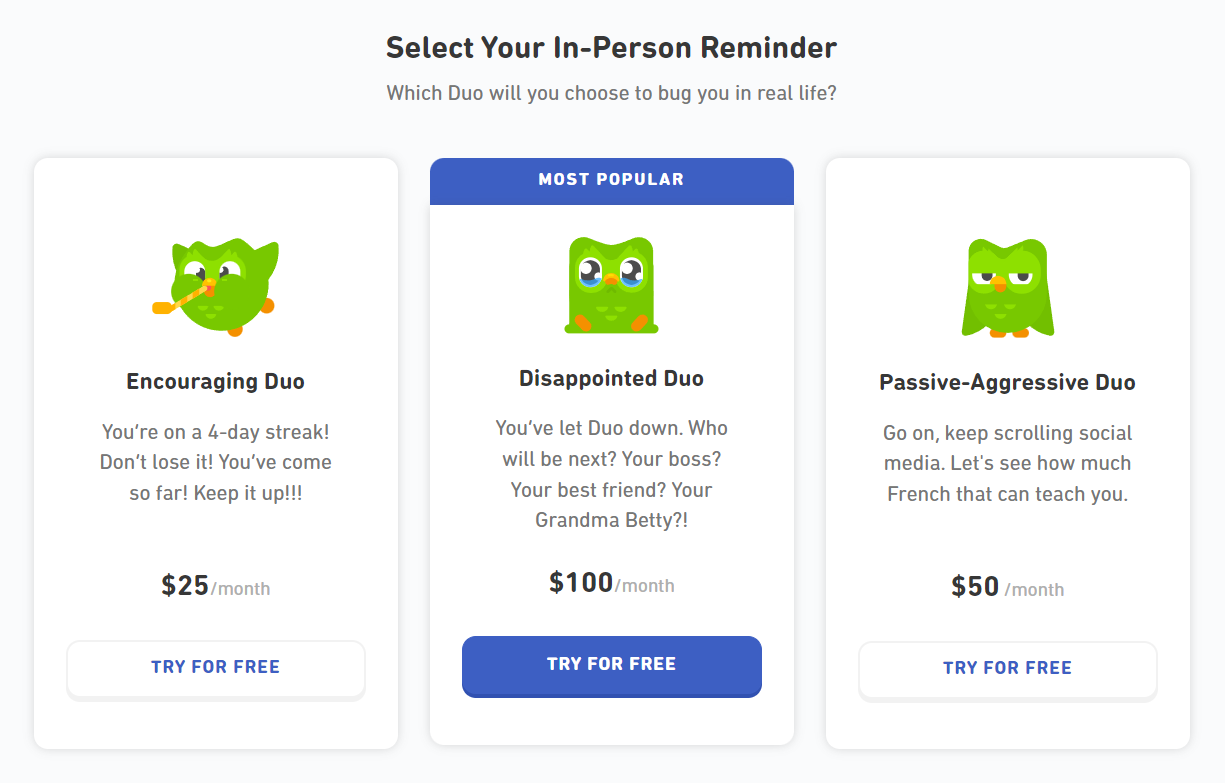
The Worst April Fools’ Pranks from Brands
1. Google’s Gmail Mic Drop
In 2016, Google went too far with their Gmail Mic Drop prank. The feature added a “mic drop” button to emails, sending a GIF of a Minion dropping a microphone and then muting all responses. Unfortunately, many users accidentally used the feature for important emails, leading to significant backlash and a swift retraction from Google.
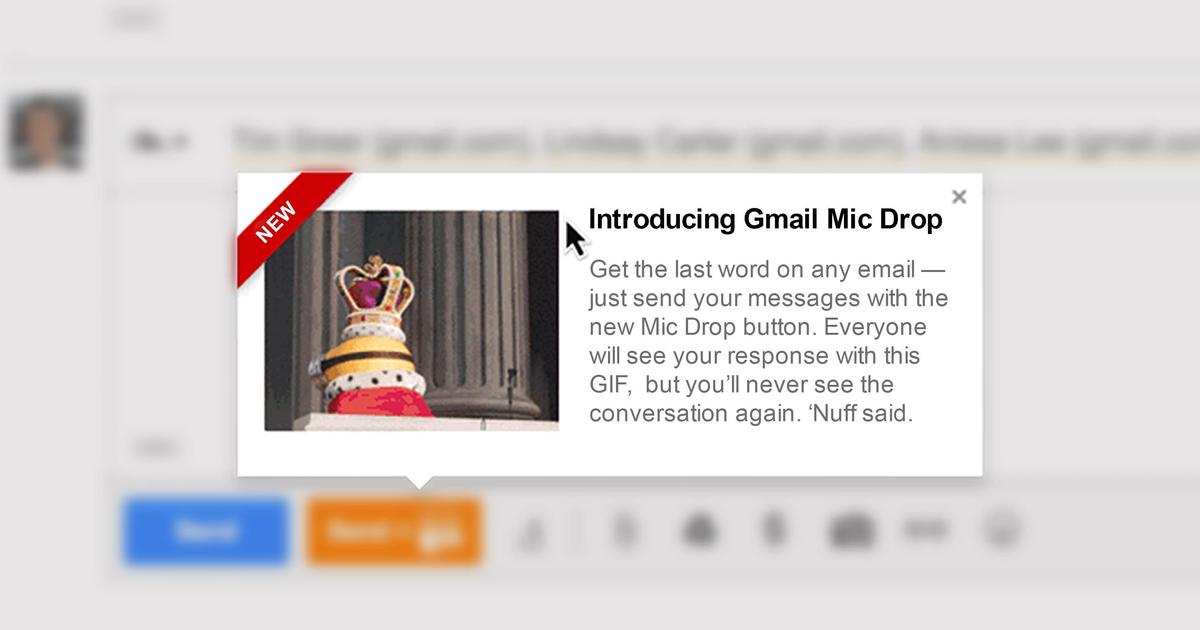
2. Burger King’s Whopper Toothpaste
Burger King announced Whopper-flavored toothpaste in 2017. While some found it amusing, others thought it was a tasteless joke (pun intended). The product’s promotional video, which looked quite real, led to mixed reactions from the audience.
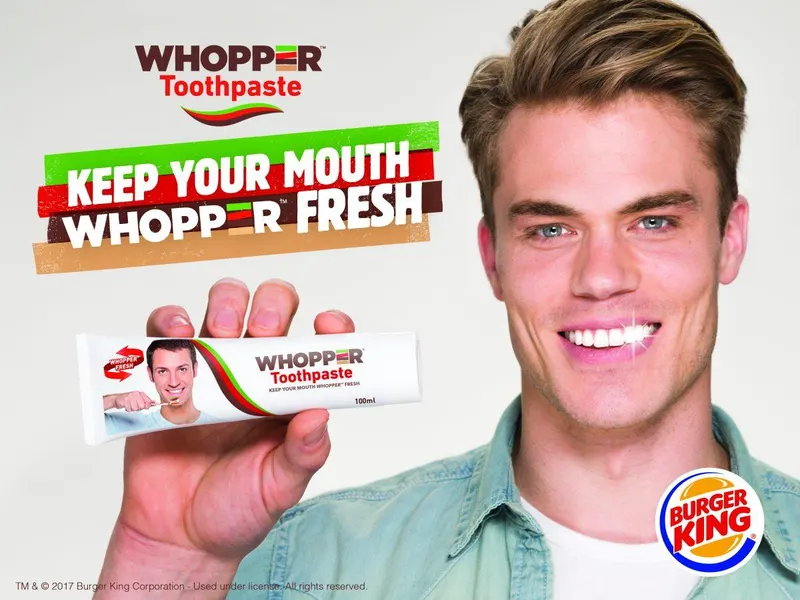
3. Scope’s Bacon Mouthwash
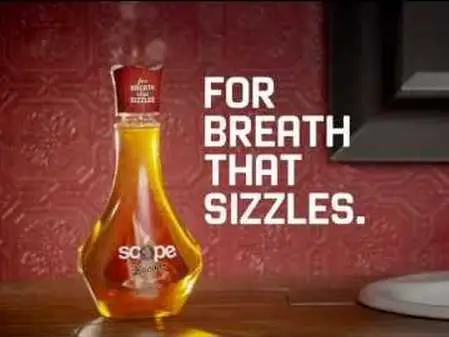
In 2013, Scope announced a bacon-flavored mouthwash. While bacon lovers might have initially been intrigued, the idea of a mouthwash with such a flavor was off-putting to many, leading to more groans than laughs.
4. Sony’s Animalia Line
Sony announced a new line of products for pets called Animalia in 2013, including headphones for cats and a television remote for dogs. While the prank was lighthearted, many found it too silly and not particularly funny.
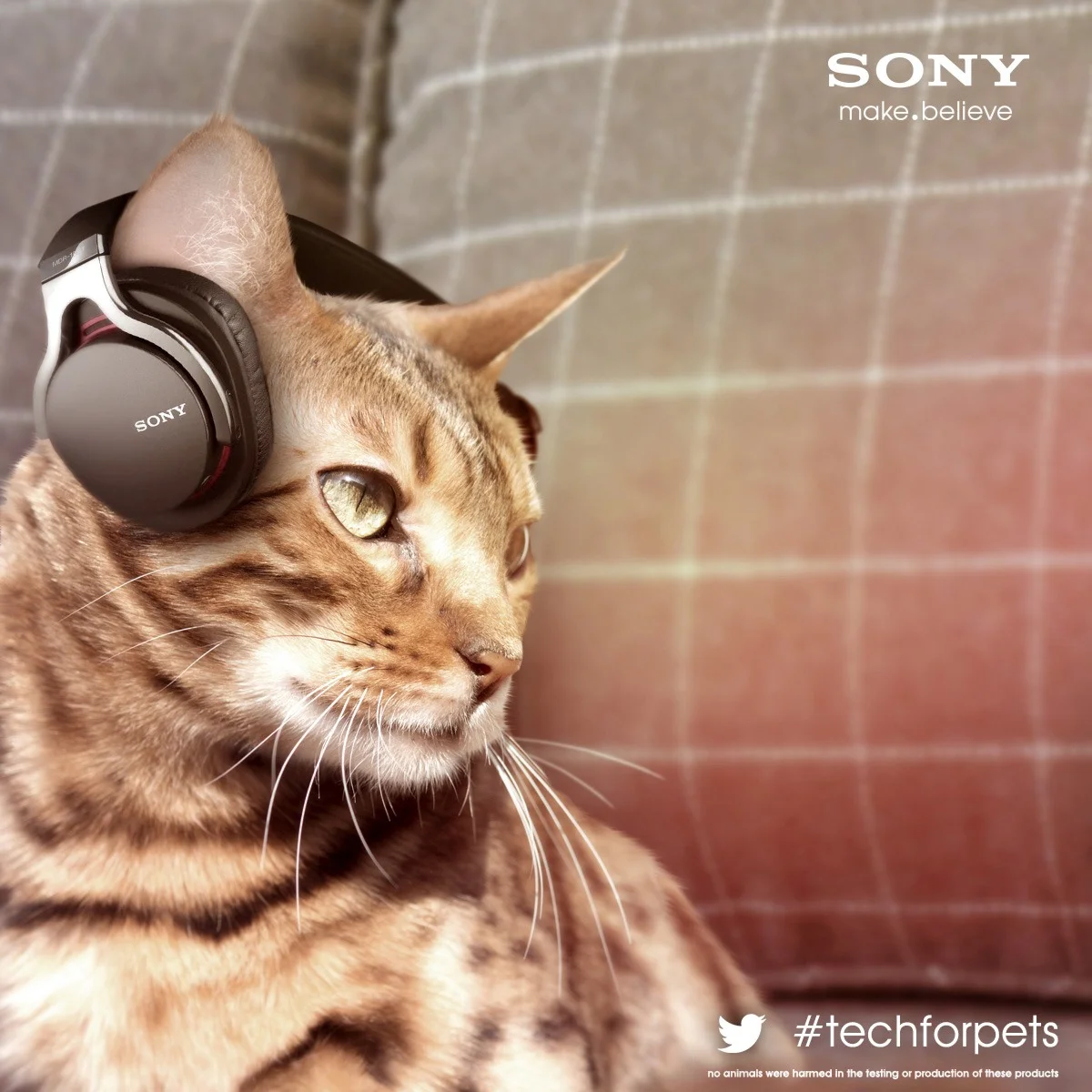
5. Redbox’s Pet Movie Rentals
Redbox announced pet movie rentals in 2015, suggesting that pets could now enjoy movies designed for their entertainment. The prank missed the mark for many, as it didn’t resonate well with their audience.
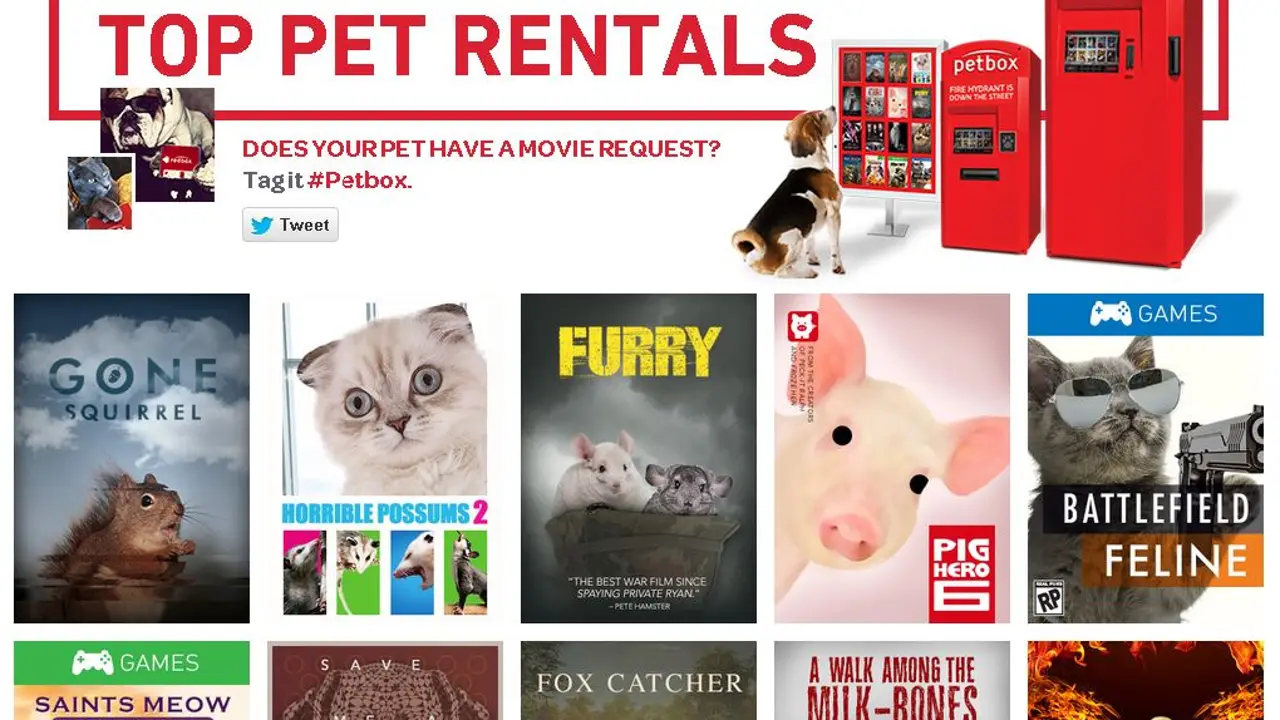
Insights and Reflections on April Fools’ Pranks
April Fools’ pranks can be a great way for brands to engage with their audience, show their playful side, and create viral content. However, it’s crucial for companies to tread carefully. The best pranks are those that are harmless, clearly jokes, and add value or entertainment without causing inconvenience or offense.
Why Some Pranks Fail
- Poor Timing: If a prank interferes with users’ daily activities or responsibilities, it can lead to frustration rather than amusement.
- Offensive Content: Pranks that touch on sensitive topics or use humor inappropriately can backfire badly.
- Lack of Clarity: If it’s not clear that something is a prank, people can take it seriously, leading to confusion or anger.
Successful Prank Ingredients
- Creativity: Unique and imaginative ideas tend to stand out and be remembered fondly.
- Harmless Fun: Pranks should be lighthearted and not cause real inconvenience or distress.
- Audience Understanding: Knowing the brand’s audience and what they will find funny is key to a successful prank.
Conclusion
April Fools’ Day provides a unique opportunity for brands to connect with their audience through humor and creativity. While some pranks hit the mark perfectly, others can fall flat or even backfire. The key is to strike the right balance between fun and respect for the audience’s time and intelligence. As long as brands remember this, April Fools’ Day will continue to be a day of laughter and lighthearted fun for all.
By exploring the best and worst pranks from brands, we can learn valuable lessons about what makes a prank successful and how to avoid common pitfalls. Whether you’re planning a prank or simply enjoying the show, remember that the spirit of April Fools’ Day is all about bringing a smile to people’s faces.
